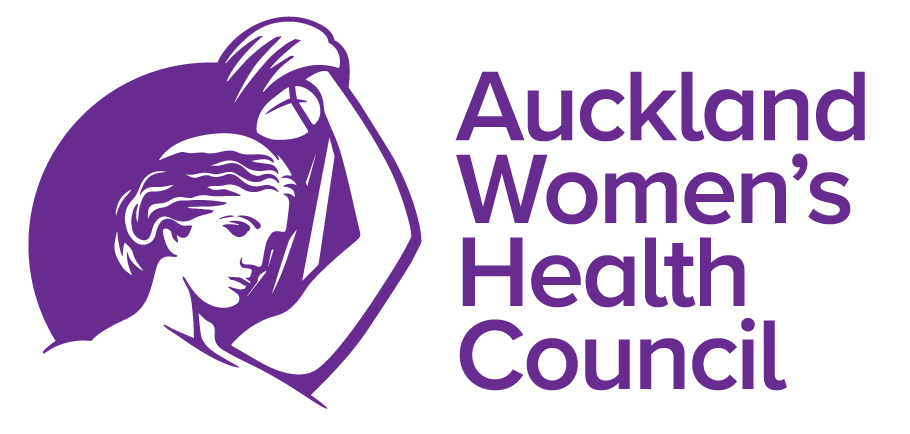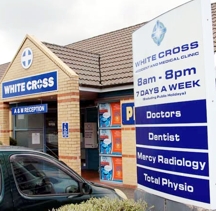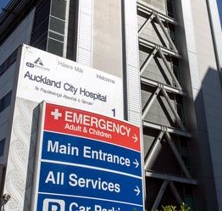Information for Migrants and Refugees
There is help for migrants and refugees – you just need to know where to look. Check out the information here and follow the links to get more help.
Healthline
If you need immediate health advice, especially if you don’t have a family doctor yet, call Healthline on
0800 611 116 to speak to a nurse. It’s free and available 24/7. If English isn’t your first language, there are interpreters who can help.
Patient Rights
As a patient you have rights; the right to be informed about your health care and the treatment offered, to make informed decisions, to be respected, and to receive services of an appropriate standard. To find out more about your rights as a patient see the Code of Rights.
ACC – no-fault compensation for accidental injury
ACC’s no-fault scheme covers everyone in New Zealand if you’re injured in an accident. The scheme covers children, beneficiaries, students, if you’re working, unemployed or retired. It also includes visitors to New Zealand if they’re injured while they’re here.
No-fault cover means it doesn’t matter what you were doing when you were injured or who was at fault. We’ll cover you, as long as the injury falls within our legislation.
The cover provided helps pay for costs to get you back on your feet. It includes payment towards medical bills, treatment, help at home and work and help with your income. If you’re injured in an accident, go to see your doctor or health provider first. They can make a claim for you. Claims can be made up to 12 months after your injury. ACC may still consider claims made after this time if there’s a good reason for the claim not being made sooner.
Family Doctors are called General Practitioners. They often work in a “Practice” as one of a group of doctors.
See Healthpoint or Your Local Doctor to find who is
- in your locality
- male or female – your choice
- fluent in your language/same ethnicity
- open in the evenings and weekends
- wheelchair accessible
- affordable – they vary a lot
- qualified “Vocationally Registered”
- Enrolling ensures cheaper visits but not everyone is eligible. Visit the website below to see all the criteria for eligibility: www.health.govt.nz/eligibility
- Anyone can register with a doctor but it will be more expensive if you are not enrolled.
- Choose a doctor.
- Check they are still taking new patients,
- Visit and ask to enrol.
You can complain to the Health and Disability Commissioner. See the Code of Rights and how to make a complaint by visiting the Health and Disability Commission
- Family Doctors are funded by the government but also charge adult patients e.g. between $18 to $55 for a 15 minute consultation by appointment.
- Children under 13 are eligible for free visits.
- Some doctors charge less and offer shorter consultation.
- Some doctors offer walk-in clinics.
- Treatment for injuries may be free under ACC.
- Reduced fees for children of Community Card holders
- Healthline is free 0800 611 116 – to talk to a nurse
It is expensive to see a specialist privately but quicker. Hospital specialists may have long waiting lists.
- Most family doctors work in groups and you can ask for a different doctor.
- You can see another doctor at a different practice as a “casual” patient; this costs more.
- You can enrol with a different doctor any time but the funding will not be allocated for a while and in the meantime your new doctor can charge you at the expensive “casual” rates.
- Free for eligible women, and for the wife/partner of an eligible person
- Details of eligibility: www.health.govt.nz search: Pregnancy Services
- Midwives provide care a throughout pregnancy and home or hospital delivery. They arrange specialist services if needed.
- Private maternity care is also available.
Pharmacists advise on simple health issues and some can offer services e.g.
- Influenza vaccination
- Treatment for urinary tract infection
- Blood pressure, height and weight measurement
- Not all medicines are subsidised.
- Eligible people usually pay $5 for each subsidised medicine.
- Children under 13 are exempt.
- “Community Card” and “High Use Card” holders may get reduced fees.
Urgent Care or Accident and Medical Clinic
If you don’t have a family doctor or GP (General Practitioner) yet, or your doctor is closed and you need urgent care, there are local Accident and Medical (A&M) clinics which are open extended hours. To find the closest A&M clinic to you go to Healthpoint and search for your region..
You should attend an A&M clinic for minor to moderate (non-life threatening) injuries and sports injuries, illness and conditions like asthma. Some A&M clinics also offer dentistry.
You don’t need an appointment to attend an A&M clinic, but if they are busy you may have to wait to see a health practitioner. Generally you have to pay to attend an A&M clinic. But, free or low cost care may be available for:
- children under 13 years old,
- adults over 65 years old,
- people with low incomes.
Remember to bring your community service card or high user health card if you have one.
Emergency Services/Ambulance and Hospital Emergency Department
Emergency Services and St John’s Ambulance
If you have a medical emergency, such as a life threatening illness or injury, ring 111.
You will be asked which service you require; ask for an ambulance. You will be put through to St John ambulance and asked questions about what is wrong with you (or your family member) and where you are. The St John’s call centre will assess you situation and if you have a life threatening health problem they will send an ambulance to provide immediate first aid and life sustaining health care before transporting you to the nearest hospital.
To find out more about what happens when you call 111 visit the St John’s website to watch a video.
What is a medical emergency?
- chest pain or tightness (may also be felt in arm, jaw, neck or upper abdomen (tummy))
- difficulty breathing
- choking
- sudden weakness or difficulty talking (this may be a stroke)
- fainting or unconsciousness (not being awake)
- severe pain
- severe bleeding or bleeding that won’t stop
What should you do?
- If it is an emergency – call 111 and ask for “ambulance”
- If it is not an emergency – see your GP or an after-hours GP/A&M clinic
- If you’re not sure – phone Healthline on 0800 611 116 where a nurse will advise you on the help you should get – including whether you need an ambulance or to go to your GP
Going to Hospital
You can also take yourself or your family member to the accident and emergency (A&E – also called ED) department of your nearest hospital. You don’t need a referral in an emergency to attend hospital, but if you have attended an after-hours (A&M) clinic first you may get a referral to speed up your processing once arriving at hospital.
Go need to go a hospital A&E if you have a serious injury or accident, severe blood loss, a heart attack or stroke, a head injury, or serious illness.
Hospitals provide what is known as secondary care services, and this includes visiting the emergency department, surgery, appointments, or assistance with maintaining your health if you have a chronic illness, like diabetes or kidney disease where you might need regular visits to the hospital for dialysis.
Healthpoint will help you find your nearest hospital if you need to go to accident and emergency.



